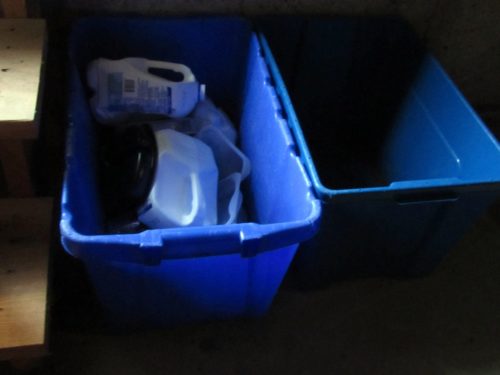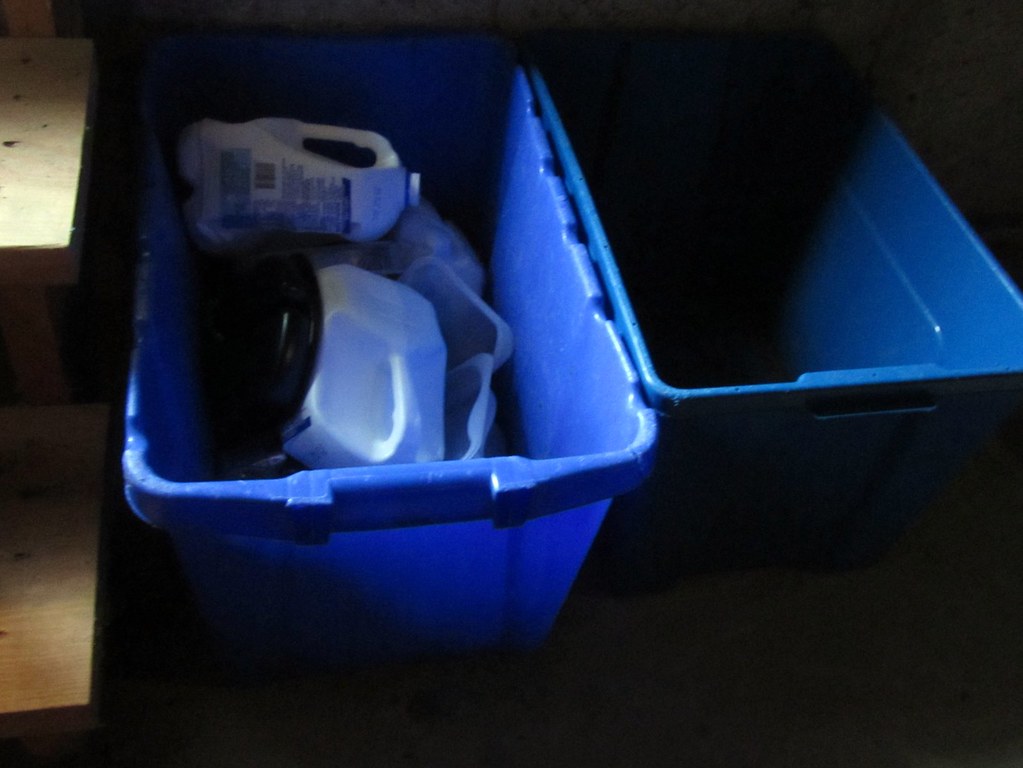
It’s usually assumed that climate change skeptics* simply don’t care about the environment. If they did, as the reasoning goes, they would accept the science that climate change is primarily man-made and support government measures designed to curb it.
But a recent study has found that climate change skeptics are actually more likely to engage in eco-friendly behaviors in their individual lives than those who claim to be “highly concerned” about climate change.
As reported by Pacific Standard, a publication of The Social Justice Foundation:
“Participants in a year-long study who doubted the scientific consensus on the issue ‘opposed policy solutions,’ but at the same time, they ‘were most likely to report engaging in individual-level, pro-environmental behaviors,’ writes a research team led by University of Michigan psychologist Michael Hall.
Conversely, those who expressed the greatest belief in, and concern about, the warming environment ‘were most supportive of government climate policies, but least likely to report individual-level actions.’”
The study is yet one more reminder that there are two very different attitudes toward free will currently operative in America.
One attitude, represented by many climate change believers, holds that the primary job of the individual will is to give assent to the will of the collective, and that the collective will often trumps that of the individual will. This attitude assumes that the macro-level is where real change happens, and thus, where one’s energies should be directed. In the case of climate change, the majority (supposedly, 97% of scientists) has deemed that man-made climate change is a fact, and that the best way to curb it is through government policy interventions. The most important job of the individual is to simply support this conclusion through their votes and their rhetoric.
The other attitude, represented by many climate change skeptics, gives priority to the individual will, and is wary of attempts to provoke its hasty submission to the collective will. It tends to assume that lasting macro-level change ideally comes about as a result of changes at the micro-level of individuals and small communities. It believes that the individual will should first “be the change” it wants rather than waiting for a change to be imposed upon it from without. In regard to climate change, this attitude toward will often manifests itself in a suspicion toward expensive and burdensome government interventions, but in a welcoming of self-imposed, environmentally-friendly disciplines at the individual level.
That’s a long way of saying that the study’s results are not in the least bit surprising to me.
This post Study: Climate Change Skeptics More Eco-Friendly Than Believers was originally published on Intellectual Takeout by Daniel Lattier.
*Personally, I hate the term skeptic. But until they have a better term for someone who doubts the data manipulation and modeling, wants more research into weather station sites, likes the raw data from NASA and NOAA, suspects the politics, and strongly believes this is a global power move to redistribute wealth, I’m stuck with it. Meanwhile, I recycle, conserve and treat the planet with respect. ~ Kelly
